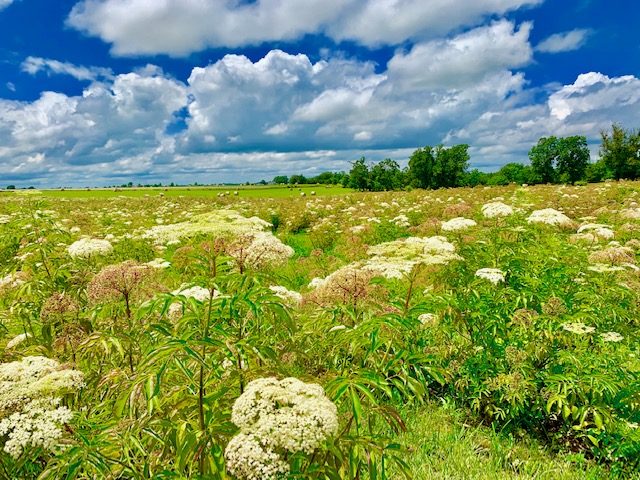A press release from INS Farms points to the Botanical Adulterants Prevention Program (BAPP), including American Botanical Council (ABC), the American Herbal Pharmacopoeia (AHP), and the National Center for Natural Products Research (NCNPR) at the University of Mississippi, which recently tested elderberry raw materials and finished products and concluded that there is a high amount of adulteration. As part of its testing, BAPP received HPLC-Vis chromatograms representing anthocyanin fingerprints from 25 bulk dry extracts and eight finished dietary supplements labeled to contain elder (Sambucus nigra) berry extract. As Stefan Gafner, Ph.D., ABC's Chief Science Officer, reported in the release: "Five of the bulk extracts and two finished products were found to be devoid of any elderberry.”
Some key points noted in the release:
- Economically motivated actors are aiming to take advantage of global fear of immune failure during the pandemic.
- Adulterants have included black rice and blueberries.
- There is a rise of an unethical practice where suppliers send authentic ingredients to contract analytical laboratories to receive legitimate CoAs, and then use those for adulterated elderberry ingredients.
As Bennetthas explainedtoWholeFoods,demand is exceeding supply throughout the globe.“There has been a big increase in business, and there was more demand than supply,” he reported, noting that there was significant interest from new companies looking to launch elderberry products. “INS was one of the only companies to have a supply to meet the demand.”
The release explains thatINS Farms has grower sources worldwide and is thus able to fulfill demand. "Besides growing its North American elderberry, which undergoes the battery of tests, so too are the actual berries and concentrate it receives from European sources."
Bennett added that reinvesting in the ABC elderberry adulteration program is necessary to set higher quality standards for elderberry suppliers and to protect elderberry growers. “We address authenticity right from the field starting with the whole berry,” he explained. “We purchase fresh berries, make our own concentrates and powders, and then ship directly to customers, along with the guarantee that the product is authenticated as elderberry with a guaranteed potency of total polyphenols. We are trying to debunk the junk of inferior elderberry ingredients by educating buyers of the importance to work with elderberry suppliers who offer complete transparency and traceability from field to finish.”
Low prices of elderberry raw material signify inferior quality, Bennett stressed. “To help fight against adulteration, any nutraceutical manufacturer that is suspicious and concerned of the quality of elderberry that they are looking to purchase should first have the elderberry tested by TRU ID for authenticity and also send the elderberry to a third party lab such as Complete Phyto Chemical Solutions and Alkemist for analysis of total polyphenols and anthocyanins.”










